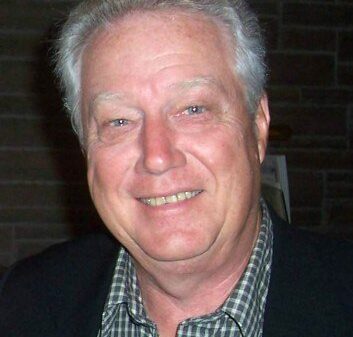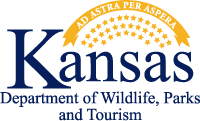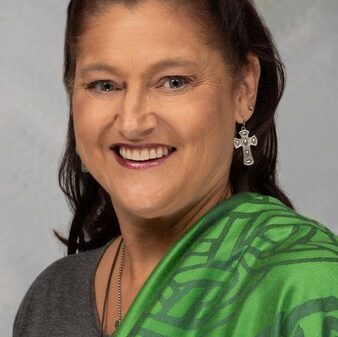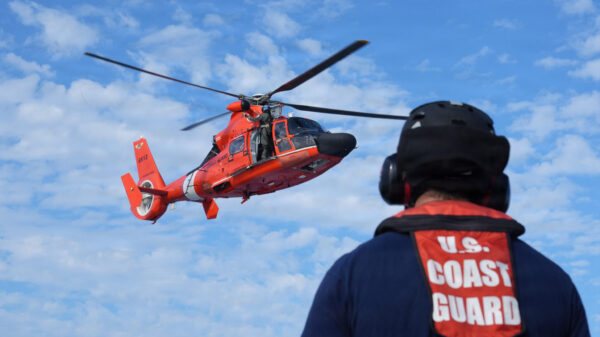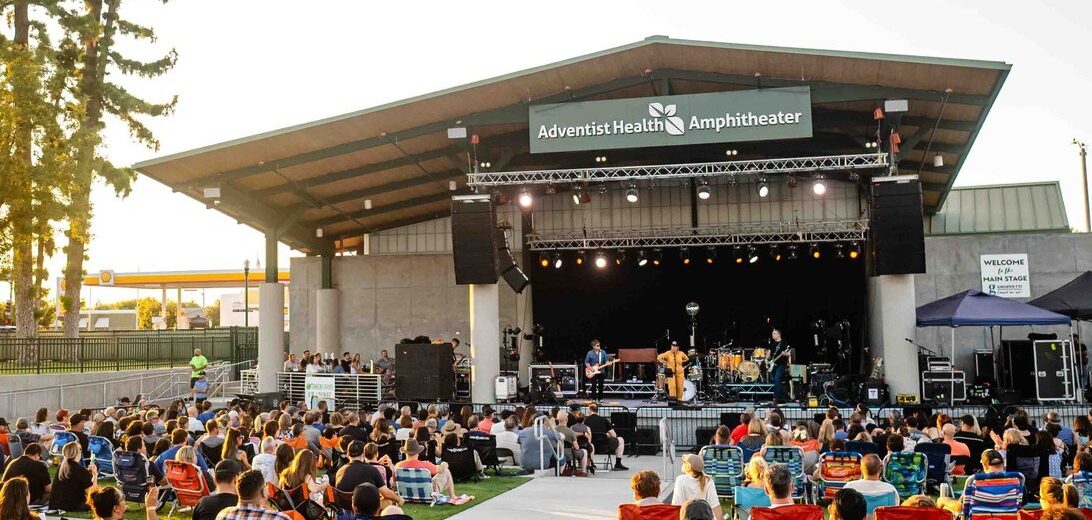The City of Tulare is implementing a strategic plan to support the operational costs of the newly opened Adventist Health Amphitheater at Zumwalt Park. This initiative involves temporarily tapping into general fund reserves as the city aims for sustainable long-term growth. The amphitheater, which opened its doors in May 2023, has already attracted a diverse audience, drawing visitors from 18 states and over 200 cities.
City Manager Marc Mondell emphasized the venue’s potential to enhance the local economy. “Our goal is to try to balance our costs with the revenues that we derive from the concert series,” he stated. While the amphitheater is expected to take up to three years to achieve financial stability, Mondell noted that ticket sales are currently around half of the anticipated figures.
Local engagement has presented a challenge, with only about 6% of attendees identifying as Tulare residents. Mondell remarked, “We monitor all of those things and we keep tweaking them. We want to continue to show this to people and attract more sponsors.”
To address the slow ticket sales, Todd Speelman, owner and lead producer of Spade Entertainment, which promotes events at the amphitheater, acknowledged the need for increased marketing efforts. “We’re investing a lot of money in marketing,” he said, adding that they are leveraging sponsors’ databases to offer special promotions aimed at boosting attendance.
Despite the initial hurdles, Mondell remains optimistic about the amphitheater’s future. He stated, “We really do believe that with tweaking a few more things, we’re working on those, and we think we’re going to be able to get those ticket sales up.” The city’s target is to attract between 35,000 to 50,000 visitors annually through the venue, contributing to local hotel, sales, and gas tax revenues.
Funding and Community Engagement
In July, the City Council approved a resolution to utilize up to $400,000 from general fund reserves to assist with the amphitheater’s operational expenses. This funding will be replenished through naming rights payments from Adventist Health. Mondell explained, “My recommendation was to use that naming rights money to cover these expenses.”
The amphitheater is not solely focused on concerts. It has already hosted a variety of community events, including free concerts featuring regional talent, yoga classes, and nonprofit gatherings. “Our venue holds a maximum of 5,500 people,” Mondell detailed, noting the diverse programming that can take place based on the venue’s size and capabilities.
Looking ahead, Spade Entertainment plans to diversify its programming to further enhance the venue’s appeal. Speelman mentioned a forthcoming four-day Christmas event and collaboration with other West Coast promoters to bring additional attractions to Tulare.
While the road to self-sustainability may be challenging, Mondell reiterated the importance of patience and strategic growth. “When you start a new business, most typically it’s not profitable from year one,” he stated. As the city tracks financial and economic impact metrics, it remains committed to ensuring the amphitheater becomes a vibrant part of the community. “It takes time, and I won’t know that for two or three years,” he concluded.

